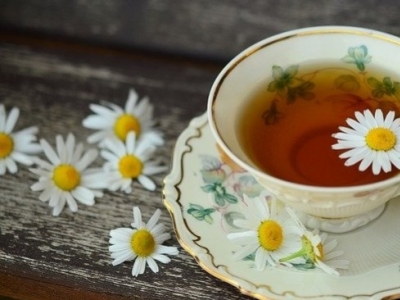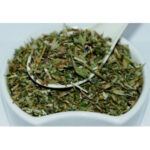April 28, 2022
Herbs in the fight against viruses
Lately we could have seen more and more headlines with information about the current pandemic, improving our immune systems, and overall staying healthy. Due to that, people seem to have grown more interested in alternative treatments. In this group, we can definitely include herbs, as they have been used for centuries as a natural remedy for many ailments.
Herbs’ properties
Some of the plants are known for their antiviral properties, which are connected to inhibiting the virus’ development, fighting pathogens, or simply boosting our immune system. However, you should bear in mind that not always can they substitute pharmaceuticals entirely. More often than not, they may serve only to support some functions of the human body. In our online shop, you will find a number of herbs that are known for helping to fight influenza and other diseases.
Antiviral herb examples
In Health Embassy you can purchase for example coneflowers (echinacea), which seems to be the most commonly chosen plant for infections, especially those influencing the respiratory organs, such as flu. It is believed to boost our immune system during the fight against infection. Another great example would be sage (salvia officinalis) – commonly used in traditional Chinese medicine. Studies have shown that it may have antiviral and anti-inflammatory properties thanks to the presence of a compound called safficinolide. Other studies illustrate that elderberry fruit and flowers (Sambucus nigra L.), which are also available in our offer, may also be described as antiviral. Due to this fact they are said to reduce the cold symptoms’ duration.
How can you use those herbs?
There are a few ways, such as:
1) Tea – this is the easiest way to make use of the dried plant parts. Just put in a cup one or two tablespoons of the chosen mix and steep it in boiling water from 5 to 10 minutes.
2) Infusion – this is similar to tea, but much stronger because the herbs should be steeped not for a few minutes, but for a few hours.
3) Essential oils – you can put them in your bath water, cosmetics, or make a candle. Remember that some of them may cause an allergic reaction, so be careful with your choices.
1) Tea – this is the easiest way to make use of the dried plant parts. Just put in a cup one or two tablespoons of the chosen mix and steep it in boiling water from 5 to 10 minutes.
2) Infusion – this is similar to tea, but much stronger because the herbs should be steeped not for a few minutes, but for a few hours.
3) Essential oils – you can put them in your bath water, cosmetics, or make a candle. Remember that some of them may cause an allergic reaction, so be careful with your choices.





